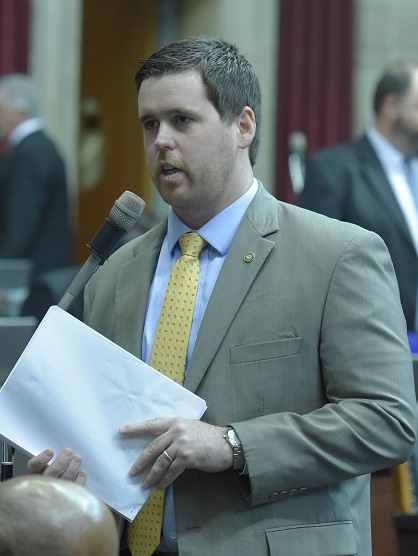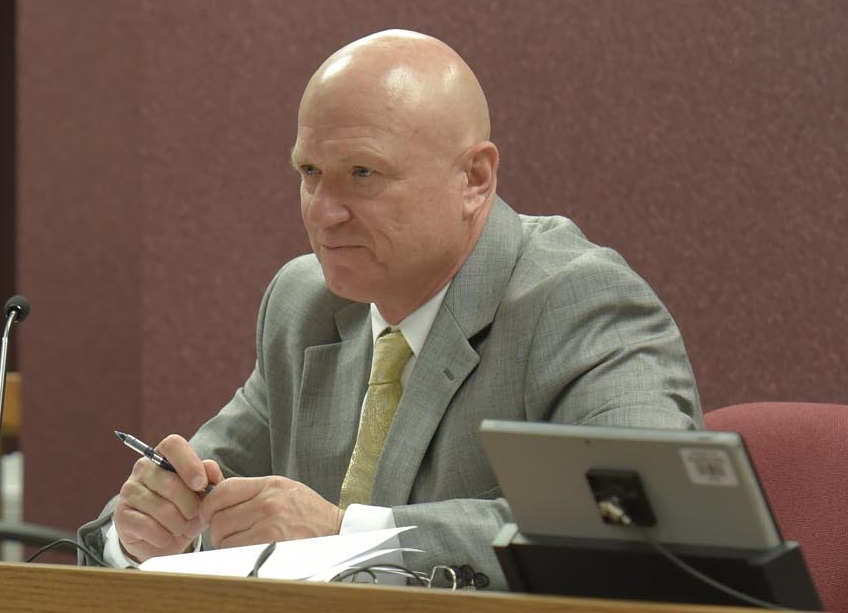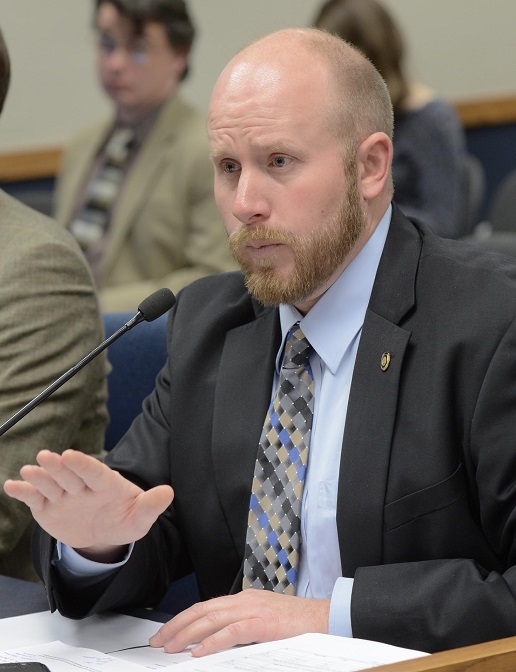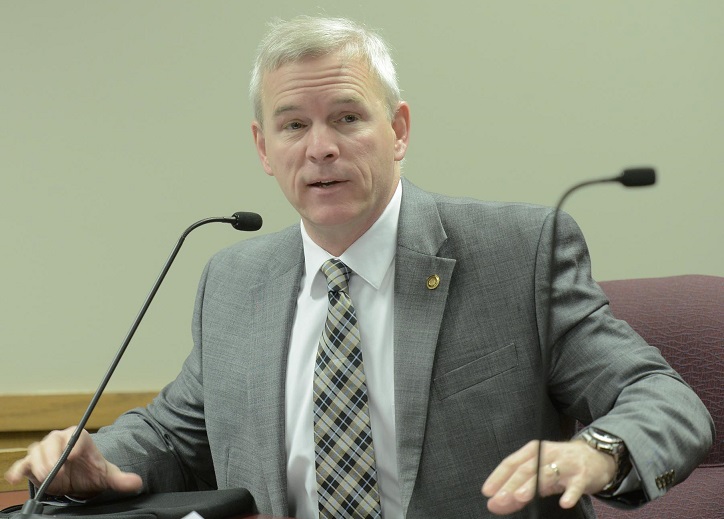The Missouri House Budget Committee was given a wake-up call in its first hearing. First-year chairman Scott Fitzpatrick (R-Shell Knob) explained to its members the challenges they will face in crafting the budget for the fiscal year that begins July 1.

Fitzpatrick has said that budget could need to be trimmed by $500-million. Former Governor Jay Nixon (D) already restricted $201-million from the current budget, and Governor Eric Greitens (R) is expected to make further restrictions in it. Fitzpatrick said the items for which funding in the current budget is blocked likely won’t be appropriated in the Fiscal Year 2018 plan.
Fitzpatrick said some are describing the current budget situation as the worst since 1981.
In explaining how the state got here, Fitzpatrick said it began with a June marked by a drop in state revenue collections coupled with increased tax refunds to Missourians.
Fitzpatrick said that is combined with continuing growth in Medicaid and costs in the Department of Corrections, including a growing likelihood that Missouri will need a new prison. He said those and other factors lead him to believe Missouri’s problem is with growing expenses more than it is with a lack of revenue.
The message, then, to members of the legislature – especially those on the budget committee – has been that there will be very little if any new spending in the Fiscal Year ’18 budget.
Another challenge is that the legislature will be starting the budget process differently than it has in recent years, in large part because Governor Greitens will not deliver his proposed spending plan as part of his State of the State Address next week. Unlike recent history, when governors have delivered their budget proposals with that address, Greitens’ plan will be released closer to February 1.
Fitzpatrick believes the fact that Greitens is building his administration from scratch combined with the gravity and complexity of the budget situation is behind the delay.
House and Senate budget makers base their proposed spending plans on that of the governor. Fitzpatrick said the delay could cause the House to change how it does some things, but he remains confident the legislature will pass a balanced budget by the Constitutional deadline of May 5.
The House’s appropriations subcommittees will begin holding hearings next week.











